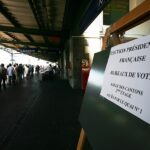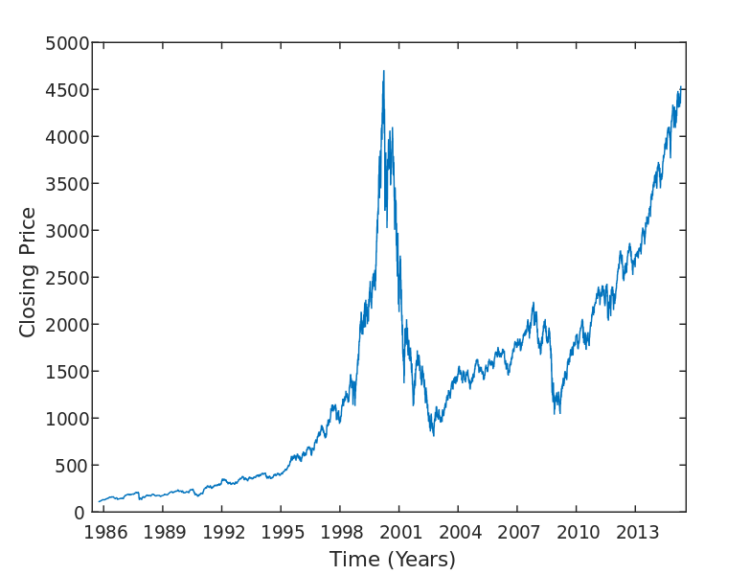Public outcry meets political stalemate as Netanyahu stands firm on security concerns.
- Over 200,000 Israelis protested for hostage release after Hamas killings.
- Prime Minister Netanyahu remains firm on not relinquishing control of the Philadelphi Corridor.
- Public sentiment is conflicted between rescuing hostages and concerns over Hamas rearmament.
- Netanyahu’s political position is secure despite his unpopularity, as his coalition supports his stance.
- Protests have not reached the scale needed to pressure the government significantly.
Following the tragic killings of six hostages by Hamas, over 200,000 Israelis took to the streets demanding action to free those still held captive. The country’s leading labor union even called for a wartime general strike, although this was quickly rescinded. Despite the initial surge in protests, participation has since declined. Prime Minister Benjamin Netanyahu has reiterated his refusal to give up control of the Philadelphi Corridor, a critical area in negotiations for a cease-fire. This decision reflects a complex mix of political dynamics and public sentiment. Many Israelis are torn; they want to rescue the hostages but are wary of making concessions to Hamas that could allow the group to regain strength. A recent poll indicated that nearly half of Jewish Israelis believe Israel should maintain control of the corridor, even if it jeopardizes a hostage deal. Videos released by Hamas showing the final moments of the killed hostages have further complicated the emotional landscape, as the hostages urged continued protests against Netanyahu. However, Netanyahu argues that Hamas’s actions are part of a psychological campaign to force concessions. The Philadelphi Corridor, which runs along the Gaza-Egypt border, is seen as vital for preventing Hamas from rearming. While Netanyahu’s stance resonates with many, his popularity is low. The current political landscape makes it difficult for opposition parties to unite against him, as they are diverse and fragmented. Protests have occurred since the initial outcry, but they have not matched the intensity of previous demonstrations against Netanyahu’s government. Analysts suggest that without a significant increase in protest numbers, the government is unlikely to feel pressured to change its course. The situation remains tense as the public grapples with the dual challenges of securing hostages and ensuring national security.·
Factuality Level: 7
Factuality Justification: The article provides a detailed account of the current political situation in Israel regarding the hostage crisis and public protests. It includes various perspectives and quotes from experts, which adds depth. However, it does contain some opinionated statements and could be seen as biased in its portrayal of Netanyahu and the protests. While it presents factual information, the inclusion of subjective interpretations and the complexity of the political landscape may detract from its overall objectivity.·
Noise Level: 8
Noise Justification: The article provides a detailed analysis of the complex political situation in Israel regarding the hostage crisis and public protests. It includes various perspectives, data from polls, and expert opinions, which contribute to a thoughtful understanding of the issue. The article stays on topic and avoids irrelevant information, while also holding powerful figures accountable for their decisions. However, it could benefit from more actionable insights or solutions.·
Key People: Benjamin Netanyahu (Prime Minister of Israel), Yaakov Katz (Senior Fellow with the Jewish People Policy Institute), Dov Lieber (WSJ Reporter), Haviv Rettig Gur (Senior Political Analyst with the Times of Israel), Dahlia Scheindlin (Expert on Israeli Public Opinion), Yair Lapid (Leader of the Yesh Atid party), Benny Gantz (Leader of the National Unity party), Yohanan Plesner (President of the Israel Democracy Institute), Yonatan Levi (Research Fellow at Molad: The Center for the Renewal of Israeli Democracy)
Financial Relevance: No
Financial Markets Impacted: The article discusses political protests and negotiations in Israel but does not directly impact financial markets or companies.
Financial Rating Justification: The content primarily focuses on political dynamics and public sentiment regarding hostage negotiations and does not address financial topics or market implications.·
Presence Of Extreme Event: Yes
Nature Of Extreme Event: Armed Conflicts and Wars
Impact Rating Of The Extreme Event: Major
Extreme Rating Justification: The killings of six hostages by Hamas have led to significant public unrest and protests in Israel, indicating a serious impact on the social and political landscape. The situation involves loss of life, emotional distress among families and the public, and potential long-term consequences for Israeli-Palestinian relations.·
Move Size: No market move size mentioned.
Sector: All
Direction: Neutral
Magnitude: Small
Affected Instruments: No
 www.wsj.com
www.wsj.com 




